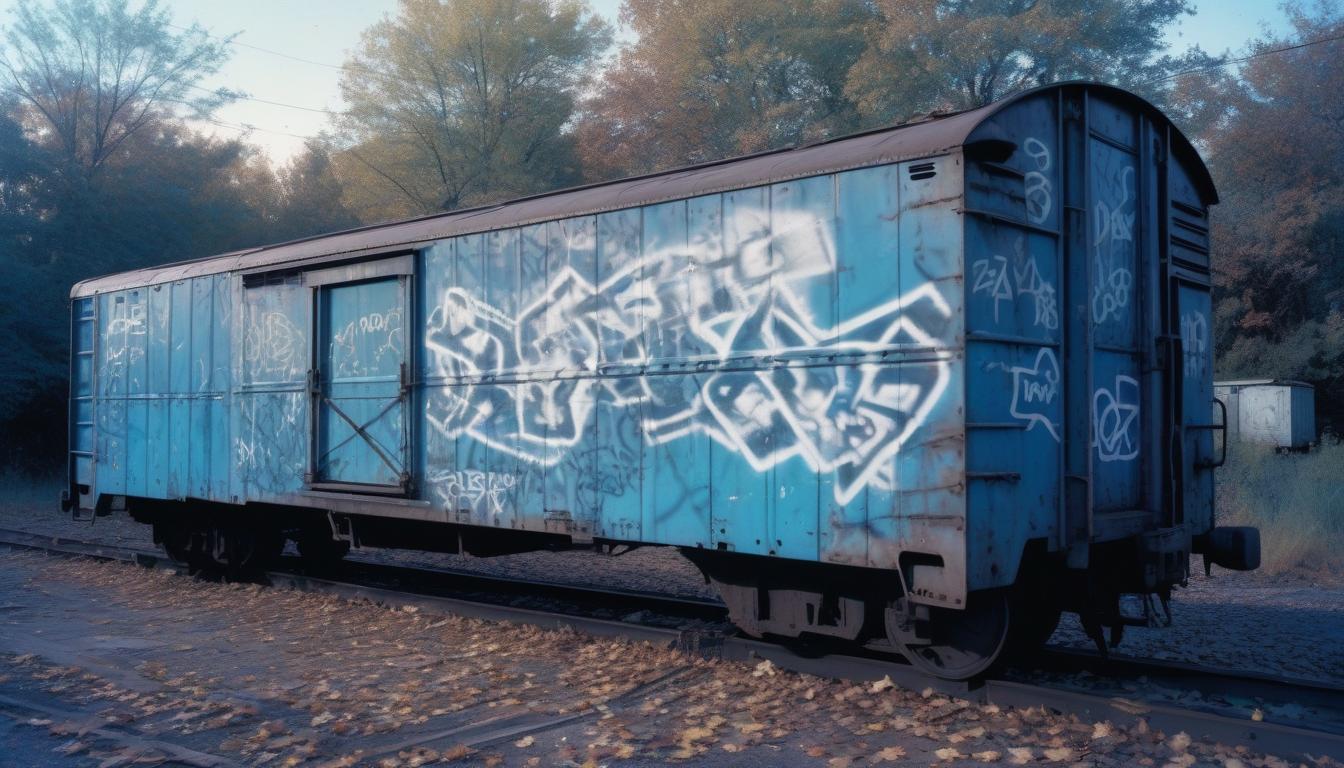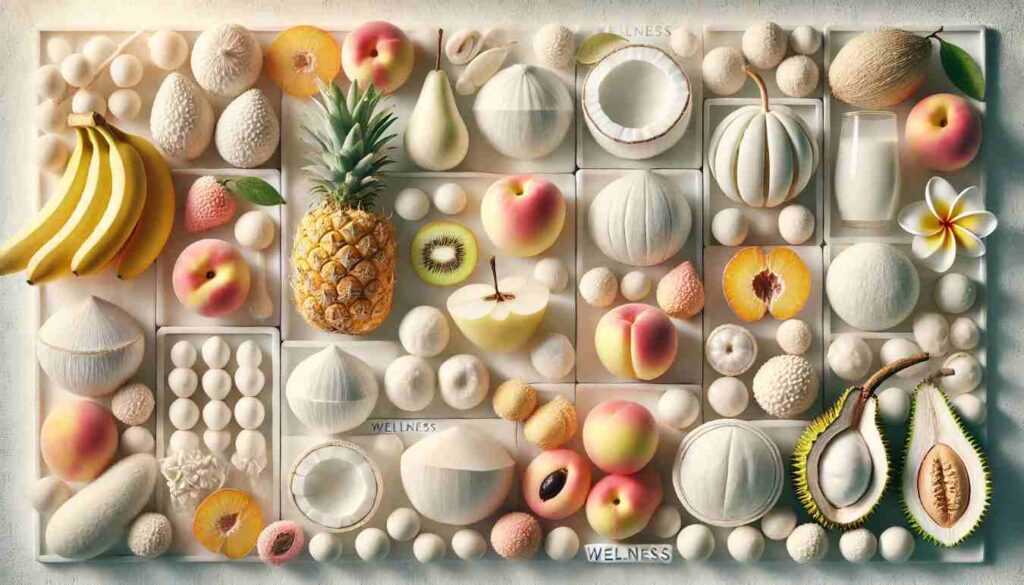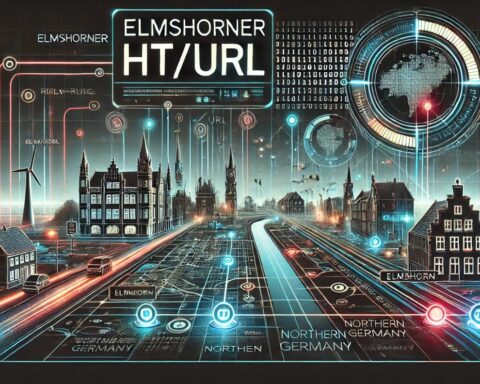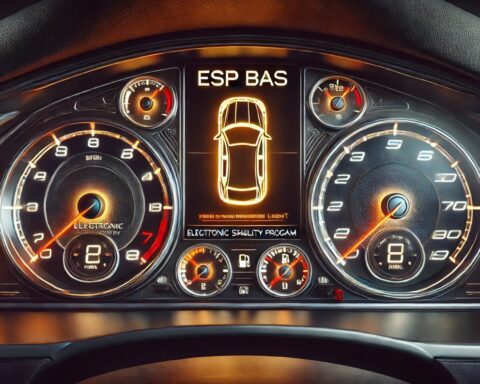Before diving into the specific uses of box cars, let’s first define them. A box car is a fully enclosed rail car that has four sides and a roof, creating a rectangular box shape. This design allows box cars to safely carry goods that need to be protected from the elements.
They are typically made of steel or aluminum and can vary in size and weight depending on the materials they’re designed to carry.
Box cars are equipped with sliding doors on the sides, which make it easier to load and unload goods. These cars can be found in different sizes, but most standard box cars are about 50 to 60 feet long and can carry up to 100 tons of freight.
Top 5 Uses of Box Cars
Now that we have a basic understanding of what box cars are, let’s explore the top five uses of box cars in the modern transportation industry.
1. Transportation of Consumer Goods
Box cars are commonly used to transport a wide range of consumer goods. These include items such as clothing, electronics, furniture, and household goods. Because the inside of box cars is enclosed, they offer protection against weather conditions like rain, snow, or heat. This makes them ideal for shipping goods that need to be kept in good condition during transportation.
For example, if a company needs to move a large shipment of clothing across the country, they can load these goods into a box car for safe transport. This is a cost-effective method of moving goods over long distances. The enclosed nature of the box car also ensures that the goods are not exposed to any damage that could occur during transit.
In addition, some box cars are equipped with climate control systems, which allows them to transport sensitive goods such as electronics, refrigerated products, or medications that require temperature regulation.
2. Transporting Industrial Equipment and Machinery
Industrial equipment and machinery are often transported using box cars, especially when the items need to be protected from weather elements or handled with care. Some industrial machinery, like large engines or complex mechanical parts, can be extremely sensitive. Box cars provide a secure and stable environment for these types of goods.
For example, a company that manufactures heavy machinery might use box cars to transport machines like generators, turbines, or factory parts to various construction sites or production plants. The added protection offered by the enclosed space inside the box car ensures that delicate or heavy machinery is not damaged while in transit.
Box cars are often used in the mining, automotive, and manufacturing industries for this very reason. They allow companies to move large, expensive equipment over long distances efficiently and securely.
3. Shipping Food Products
Another important use of box cars is in the shipping of food products, particularly dry food. Foods like grains, cereals, canned goods, and packaged snacks can be transported in box cars because they do not require refrigeration. Since box cars provide an enclosed environment, they offer protection against pests, dirt, and moisture that could spoil food.
For example, a food processing company might use box cars to transport large quantities of rice, wheat, or packaged snacks to grocery distribution centers or retailers. Box cars allow food to be moved in bulk, ensuring that it arrives safely and on time. The fact that these cars can carry such large loads of food also makes them highly efficient and cost-effective.
In some cases, box cars are used to transport frozen or refrigerated food products. While standard box cars are not temperature-controlled, specialized refrigerated box cars, also known as “reefers,” can be used for this purpose. These cars maintain a consistent temperature to ensure that the food does not spoil.
4. Carrying Building Materials
Box cars are also widely used in the transportation of building materials. The construction industry requires the constant movement of materials such as lumber, steel, cement, and bricks to construction sites. These materials often need to be delivered on time to avoid delays in building projects, and box cars help meet these demands.
For instance, box cars can be used to transport large quantities of lumber to building sites or hardware stores. The enclosed nature of the box car protects these materials from weather damage and ensures they arrive in good condition. Box cars can also transport other construction-related products like insulation, pipes, and even prefabricated components for homes or buildings.
Transporting building materials by rail is often more affordable and efficient than using trucks, especially for long-distance deliveries. It also reduces road traffic and helps companies avoid transportation delays caused by weather or road conditions.
5. Transporting Raw Materials
Box cars are regularly used to transport raw materials that are essential to various industries, such as the mining and manufacturing sectors. Raw materials like coal, lumber, chemicals, and steel are often moved in bulk using these cars. The enclosed nature of box cars helps protect these materials from being exposed to weather conditions that could degrade their quality.
For example, box cars are often used to transport coal from mining areas to power plants where it is burned to generate electricity. Box cars are also used in the steel industry to transport raw iron ore or scrap metal to manufacturing plants where it is processed into finished products.
These raw materials are crucial to the functioning of many industries, and box cars provide a reliable and efficient method of transporting them over long distances. This helps to ensure that factories and power plants have the necessary materials to continue production without interruption.
Why Are Box Cars So Popular?
Box cars are so widely used because of their versatility, durability, and reliability. They offer a flexible solution for transporting a wide variety of goods. Their enclosed design provides protection from the elements, and their spacious interiors can be adapted to carry different types of freight.
Moreover, box cars can be used in almost any weather condition, from extreme heat to freezing temperatures, without damaging the goods inside. Their ability to protect cargo from the weather, along with their sturdy construction, makes them one of the most reliable types of freight cars in the railway system.
Box cars are also available in a variety of sizes, making them suitable for both small and large shipments. Whether it’s a few boxes of electronics or large quantities of building materials, box cars can handle a wide range of goods.










